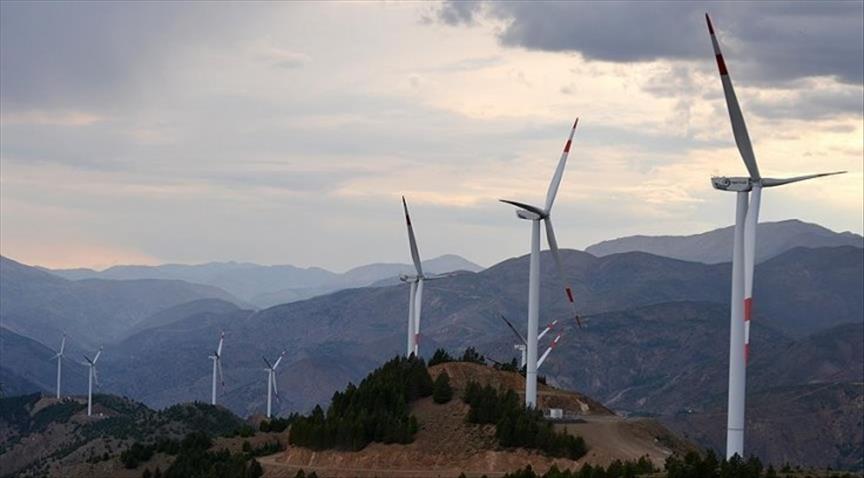New Zealand aims to expand the contribution of renewable energy sources to 90 percent in its energy mix by 2025, according to the International Energy Agency's (IEA) New Zealand 2017 review.
The report noted that over the past years, the share of renewables in New Zealand's energy mix reached 80.2 percent in 2015 and grew by 54.1 percent over the ten years to 2015. The country now ranks second among IEA member countries after Norway in the highest percentage use of renewables.
According to the report over the same time period to 2015, geothermal constituted 23.4 percent, hydro 10.3 percent, biofuels and waste 5.7 percent, wind 1.0 percent and solar 0.2 percent.
The IEA noted that the use of natural gas and coal in power generation has declined and has been largely replaced by geothermal in New Zealand.
"The electricity system experienced significant shifts including the decreasing use of fossil fuels and a higher contribution from hydro, geothermal and, increasingly, wind and solar photovoltaics," the report read.
New Zealand also aims to reduce green house gas emissions to 30 percent by 2030, IEA stated. To this end, it has rolled out advanced smart meters and demand response systems and aims for the increased deployment of electric vehicles.
Although New Zealand adopted policies required for investment in decarbonizing the economy up to 2030 and beyond, towards 2050, the IEA warned that current energy efficiency targets and carbon price policies are insufficient.
By Dilara Zengin
Anadolu Agency
��
��
��
��
��
��
��


